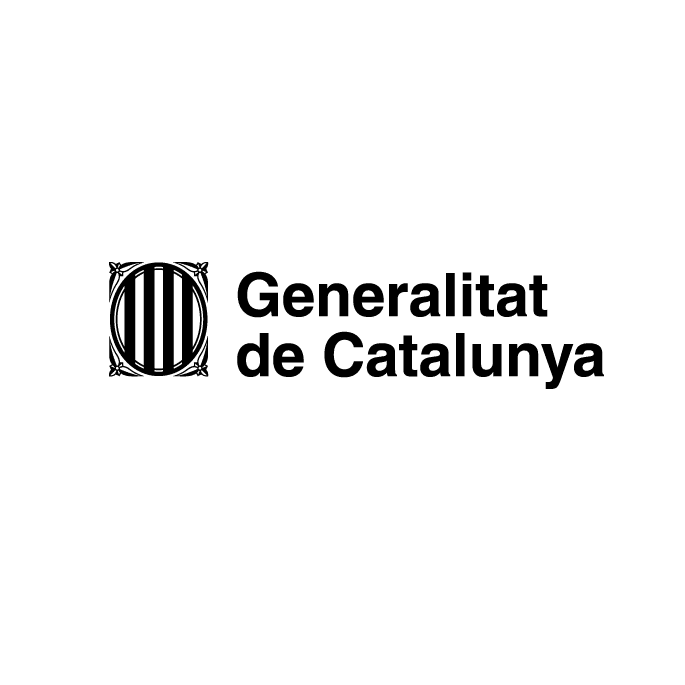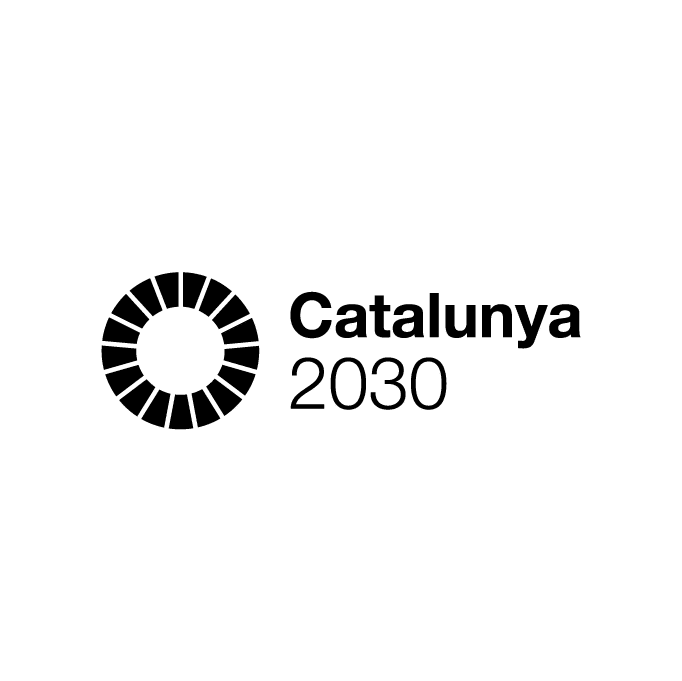Germany (Hamburg)
Meet the forensic scientists tackling the illegal timber trade. Scouring the world of wood in search of clues, solving crimes, and championing biodiversity, you can consider them the MI5 of the forest. The Sherlock Holmes of lumber.
We don’t often think about where the wood in our tables, chairs and bookshelves comes from. The unfortunate truth is that a lot can be traced back to the global black market. According to WWF, illegal logging accounts for 15-30% of all globally traded wood. In the EU alone, 16-19% of wood imports come from illegal sources.
Based in Hamburg, Germany, the Thuenen Centre of Competence on the Origin of Timber aims to stop such illicit activities in their tracks. This crack team of forensic scientists inspect all manner of wooden objects – from sculptures to window frames to ukuleles – tracing their origins and making sure they aren’t made from endangered tree species.
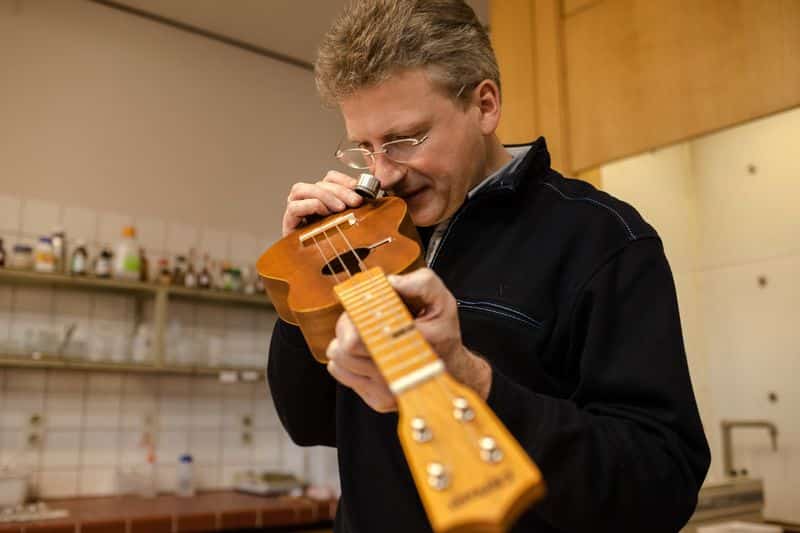
“The Centre was founded when the European Timber Regulation was implemented in 2013,” Dr. Margret Köthke, a scientist in their International Forestry unit, tells us. “This regulation banned imports of timber from illegal sources to EU member states. And so for each timber product entering the EU, you now need to provide documents starting from where the timber was harvested, where it was shipped, where it was processed and so on. You have to document the whole supply chain.”
However, while wood products entering the EU now have to be checked by authorities, documents are often falsified. This is where Germany’s timber detectives step in. Experts in detecting document forgery, the team are able to sniff out fake certificates and bogus customs documents. They can then explore their arsenal of 35,000 wood samples from 12,000 different species of tree (one of the world’s largest scientific collections of its kind) to determine the type and origin of the product in question. Of the samples examined under a microscope, around 25% to 35% turn out to be wrongfully declared.
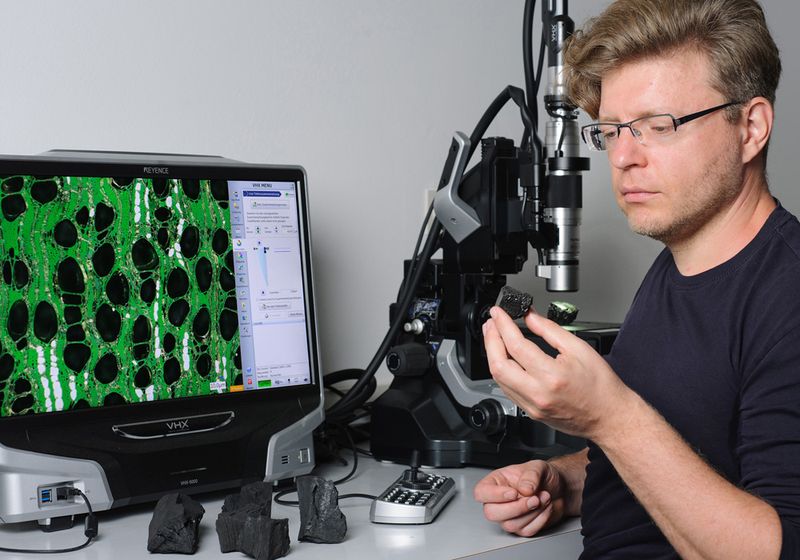
And the team is kept busy. Annual inspection requests have increased 30% since the Centre was founded 8 years ago. In 2019, the team carried out almost 1,600 investigations based on around 20,000 samples, with inquiries coming in from all over Europe. And while inspections have increased, wrongful declarations have fallen. “According to our observations, the number of wrong declarations concerning tropical timber has decreased significantly. Here we’ve made great progress,” says Dr. Gerald Koch, head of Wood Research.
During one of their more momentous investigations, the scientists worked with the WWF to analyse charcoal brands in the EU. They not only found that two-thirds of products were improperly declared, but also detected traces of protected tropical wood from Paraguay and Nigeria – countries where illegal logging is rife. Proof that even the sacred BBQ isn’t safe from blackmarket logging. The results made a big splash in the media, sent shockwaves through the industry, and as Gerard says “created a lot of awareness.” Many supermarkets stopped selling charcoal products due to consumer pressure, and one of the world’s largest charcoal producers was subsequently stripped of its sustainable forestry accreditation.
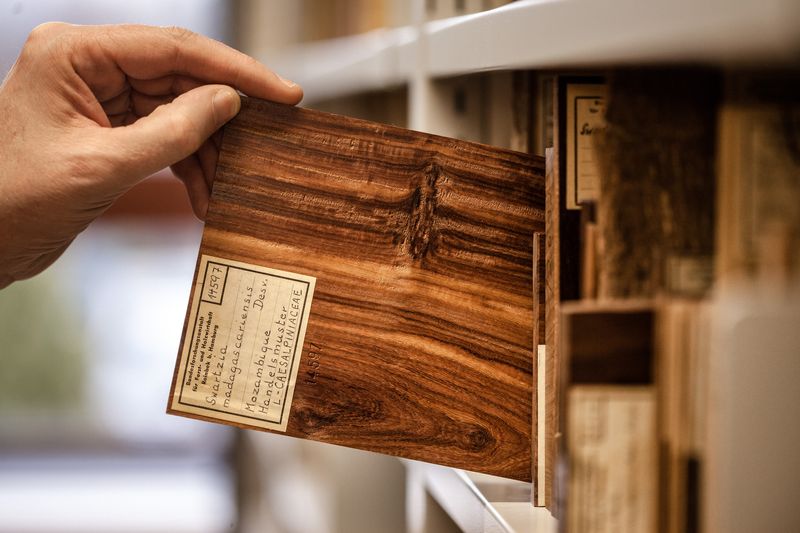
The Centre recognises the importance of their work as a tool for protecting biodiversity around the world. “Around 13 million hectares of forest are destroyed each year worldwide. This is more than all the forest area in Germany. A significant proportion of this is attributable to illegal logging,” they explain. “The consequences for the environment: when timber is illegally felled, normal standards of forestry practice are violated and the principles of sustainable management are ignored. Malpractice in the harvesting process causes damage to the forest soil. This in turn threatens the biodiversity and stability of forestry resources. The result is large-scale deforestation, accompanied by an increase in CO2 emissions.”
Aside from ecological concerns, timber trafficking also has dire consequences for local economies and communities. And with most black market wood coming from regions such as Africa, Asia and South America, it is there that repercussions are most heavily felt. “Illegal logging deprives the states concerned of revenues from taxes and fees, while also fostering corruption. Furthermore, the destruction of ecosystems threatens the livelihood of communities in the affected countries.”
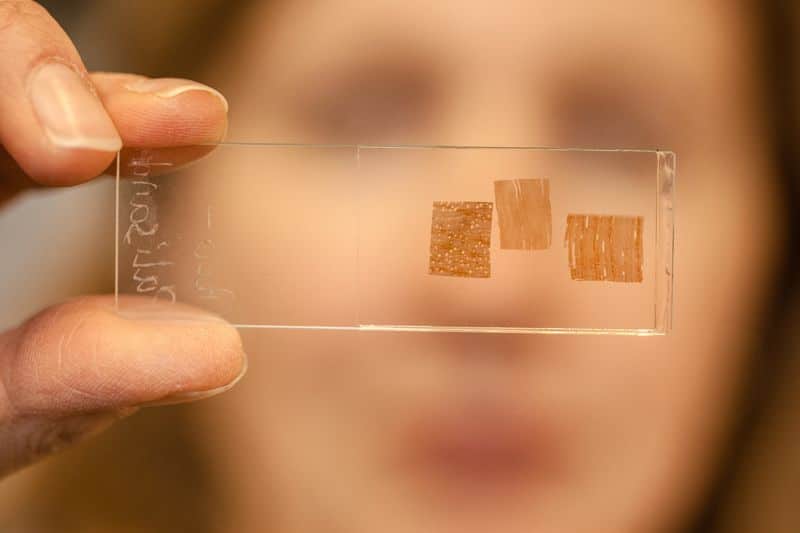
The scientists are now stepping in to support these communities directly. Sharing their expertise with local scientists based in timber-producing countries, the team are hoping to get to the roots of illegal logging. “The Centre is involved in training scientists from timber-producing countries and in supporting the creation of genetic reference laboratories in Africa, South America and Russia within the framework of international cooperation. In future, these units will be able to conduct some timber inspections on site.”
In general, creating awareness is central to the Centre’s aims. The team organises workshops all over the world, offers their expertise at musical instrument fairs and museums, and provides rare tropical wood samples for exhibitions, all with the aim of highlighting the issue of illegal logging. They have even developed a wood-identification app, which anybody can use to make sure their coffee tables and coat racks aren’t made from tree species protected by CITES (the Convention on International Trade in Endangered Species of Wild Fauna and Flora.)
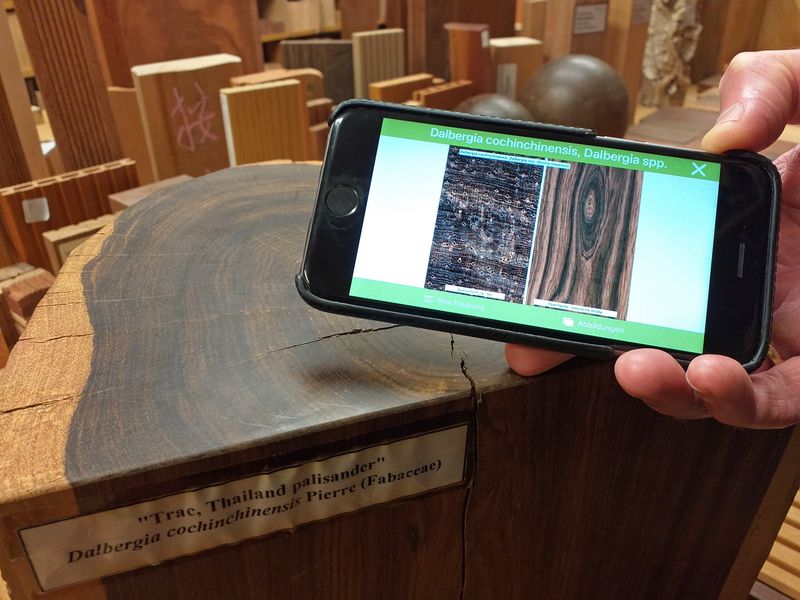
By sharing their expertise, Gerald says he hopes to inspire an international network of wood detectives, each doing their bit to save endangered trees. “Our main aim is to promote and provide information in this context, which can motivate people from all over the world.”
AtlasAction: Become a timber detective yourself by downloading the CITESwoodID app.
Project leader
Dr. Gerald Koch, Dr. Margret Köthke & Dr. Hilke Schröder
Partners
This project has been selected as part of NatureFutures, a new storytelling project that maps the innovations in wildlife, biodiversity and citizen science and the biologists, engineers, designers and entrepreneurs behind them. Atlas of the Future is excited to partner with the Government of Catalonia.
Support the Atlas
We want the Atlas of the Future media platform and our event to be available to everybody, everywhere for free – always. Fancy helping us spread stories of hope and optimism to create a better tomorrow? For those able, we'd be grateful for any donation.
- Please support the Atlas here
- Thank you!
